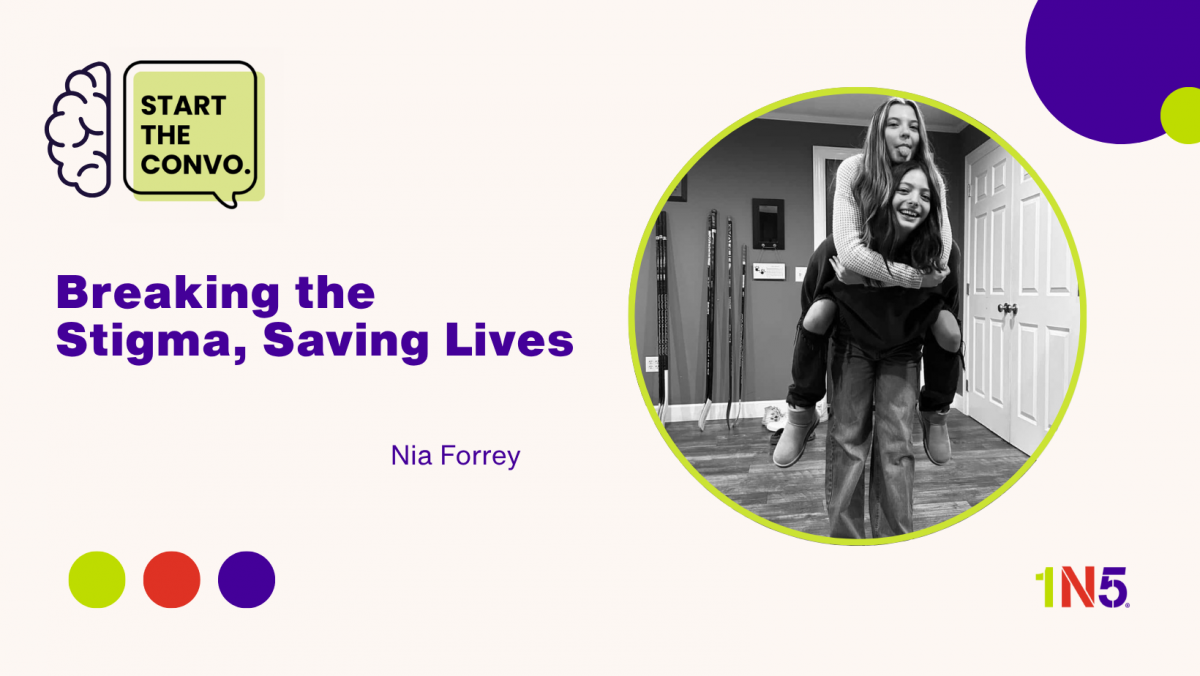Hello everyone, my name is Nia Forrey, and these words are to help remember and honor my dear cousin and best friend, Kassidy Marie Wilk. Kassidy heartbreakingly took her life 5 months ago. Kassidy struggled in silence, too afraid to speak out on how she was feeling, and all she was struggling with. We need to break the stigma surrounding mental illness; the stigma remains as a significant barrier to seeking help. Many individuals suffer in silence, fearing judgment, discrimination, or making themselves a burden to others. This stigma prevents people from accessing the necessary treatment and support they need to help their recovery. Open and honest conversations about mental health are helpful in breaking the harmful stigma. By sharing personal stories and promoting healthy conversations with your students, athletes, or children, you can help save lives by breaking the stigma that so many people feel.
Every year, there are more than 720,000 deaths due to suicide, which is one death by suicide roughly every 40 seconds. Let that sink in: every 40 seconds, an individual loses their battle to mental illness. Suicide is the third leading cause of death among 12-to 29-year-olds. Every suicide is a tragedy that affects families, communities, entire countries, and has long-lasting effects on those left behind. Children as young as 10 years old and younger have struggled with mental illness and have even fallen into adding to the 720,000 deaths.
A simple “How are you really feeling?” can help save someone’s life. Depression can be invisible. There are not always signs that a person is struggling; the happiest, funniest, most full-of-life person can be struggling in silence. Constant sadness or slow mood, irritability or anger, anxiety or worry, sudden mood swings, feeling overwhelmed or numb, changes in sleep patterns, change of appetite or weight, lack of personal hygiene, increasing recklessness or risk taking, changes in energy levels, and withdrawal from social activities, are all common signs that someone is struggling with mental illness. It’s hard to know what the signs are without being told them and taught how to properly deal with these situations when they occur.
Be kind to everyone you come in contact with. You never know what someone may be going through or dealing with. And if you only take one thing from this speech, if you yourself are struggling, I hope that it is okay to speak up and get the help you need and deserve. You are worth it, and you matter. As for everyone else, check up on your loved ones and remember by challenging negative stereotypes, we can create a more accepting and supportive environment.

